Remember when websites were stuffed with keywords, trying to reach the top of search results? Gone are those SEO tactics of the past! Today, Google and other search engines want to understand your content’s true meaning and intent, like a captivated reader engrossed in a captivating narrative. That’s where LSI keywords, the unsung heroes of modern SEO, come in.
If you’re feeling fancy, LSI, short for Latent Semantic Indexing (or Latent Semantic Analysis), is straight out of an NLP (natural language processing) research paper and is a mathematical concept. But don’t worry, we won’t discuss the origin of latent semantic indexing LSI– instead, think of it as a process that makes your written piece of content relevant with rich context and deeper meaning. It’s about using related words and phrases to understand the topics for search engines and your audience clearly.
Get ready to make your content resonate with readers and search engines alike. Let’s dive in.
What are LSI Keywords in SEO?
LSI Keywords are words & phrases in a piece of content related to the main keyword that helps give clear concept and context to online readers and search engines.
The above sentence briefly gives out the LSI keywords definition. Let’s understand it in detail.
Let’s briefly understand 2 main key terms associated with LSI.
-
Lexical NLP
Lexical NLP is the branch of NLP that focuses on analyzing and processing words, also known as lexemes, in a natural language. Lexical processing involves understanding the meaning, structure, and relationships of individual words within a text. This is a crucial aspect of language understanding, as words are the basic building blocks of any language.
Latent Semantic Indexing or LSI keywords can be a more sophisticated and natural alternative to keyword stuffing. LSI is a technique in NLP & information retrieval that analyzes the relationships between words to understand the context of a document. LSI keywords are words & phrases semantically related to the primary keyword or the main topic.
Also read: How Google Uses NLP To Improve SERPs, Featured Snippets & UX
2. Synonyms & Polysemy for effective SEO content
Synonyms are those that share similar meanings. In language, they offer variations for expressing concepts, enhancing communication, and allowing for diverse vocabulary while maintaining equivalent or closely related meanings.
E.g., Synonyms of Happy, joyful, smiling, jolly, cheery, etc.
Polysemy refers to a language phenomenon where a single word has multiple, often unrelated meanings. Context is important in determining which specific meaning of the word is intended in a given instance.
For example, the polysemous word ‘Bank’ can be a financial institution or the side of the river. Some more examples:-
Bat: A flying mammal, a piece of sports equipment used in baseball.
Date: The fruit of a date palm, a specific day on the calendar.
Plant: A living organism with leaves, stems, roots, or an industrial facility (factory).
Hence, understanding synonyms and polysemy is vital in Latent Semantic Indexing (LSI) as it enhances the accuracy of semantic analysis. LSI relies on recognizing synonymous terms and managing polysemous words to capture minute relationships between words.
Synonyms provide variability, enabling LSI to identify related terms and concepts, while awareness of polysemy ensures accurate contextual interpretation. This comprehension is key for LSI’s effectiveness in writing SEO-optimized content.
Also read: Do Exact Match Domains Still Work? Everything You Need To Know
What is the role of LSI in Ranking, Keyword Density & Content?
LSI Keywords for Better Ranking
People search for common problems on Google in various ways, so LSI keywords matter for Google’s rankings. Using LSI keywords in your content is good for SEO. It helps make your content more relevant and improves how easily people can find it in searches.
Contextual Relevance:
- With LSI keywords, search engines understand the context of your content. Instead of repetitively using the same keyword, you can incorporate LSI keywords that are naturally associated with your main topic.
- If your target keyword is “digital marketing,” LSI keywords could include “content marketing,” “social media strategy,” or “online advertising.”
Improved Readability:
- LSI keywords contribute to the overall coherence and natural flow of your content. They can seamlessly integrate into your writing, making it more reader-friendly than awkwardly stuffing the same keyword multiple times.
- This approach helps maintain a natural and engaging tone in your content, which readers and search engines appreciate.
Also read: How Scannable Content Rules the Internet? [A Beginners Guide]
Diverse Vocabulary:
- Using LSI keywords allows you to diversify your vocabulary, which is beneficial for avoiding redundancy and providing a richer user experience.
- Instead of repeating the exact phrases, you can introduce synonyms and related terms that convey similar meanings, making your content more informative and engaging.
Semantic SEO:
- Search engines increasingly rely on semantic analysis to understand the intent behind user queries. LSI keywords align with this trend by emphasizing the semantic relationships between words.
- By incorporating LSI keywords, you tell search engines that your content is comprehensive & relevant to a broader topic, potentially improving your content’s ranking.
Avoiding Penalties:
- Keyword stuffing, or overloading your content with the same keyword, can lead to penalties from search engines. LSI keywords provide a more natural and user-centric approach, reducing the risk of being penalized for keyword manipulation.
Thematic Clusters:
- Instead of focusing on a single keyword, LSI keywords allow you to create thematic clusters around your main topic. This holistic approach helps search engines better understand the depth and breadth of your content.
Hence, Google and other search engines pay attention to the words on your page that aren’t just keywords and use them to evaluate and rank your page. So, for better SEO, it’s a good idea to include related terms on the web page you want to rank.
Impact of LSI Keywords on Density
As LSI allows a better understanding of context and intent, search engines can effectively cater to uncommon search queries by online users. Content creators now prioritize natural language and a comprehensive scope of topics, enabling a user-centric approach. LSI keywords have, therefore, influenced a more holistic content strategy, emphasizing relevance, diversity, and semantic depth over the simplistic metric of keyword density in SEO practices.
See the example shown below:-

LSI keywords to improve SEO and Content
Earlier, Google’s spiders would find and check websites by moving from one link to another on connected pages. They looked at keywords in title, content, images, and headings. After the LSI update:
- Google understands web pages better – It scans for related keywords, going beyond the main one. It uses latent semantic indexing to grasp content deeply.
- Scans pages contextually – The algorithm reads pages like humans, categorizing keywords based on context. It distinguishes between literal and figurative expressions.
- Generates more relevant results – Identifies words that often occur together for accurate categorization and more relevant results.
- Considers the overall picture – It weighs your business name, website, and industry to understand each page connected with your business.
LSI keywords are crucial for Google’s goal of providing the most relevant results, even for new search terms. This quality standard is achieved with latent semantic indexing.
Google has always agreed on three things:
→ It’s crucial to understand and take hold of what people want when they search and use the right words.
→ Making helpful content that matches what users are looking for is vital.
→ Creating a well-connected silo, clusters, and relevant groups of topics is essential for information retrieval.
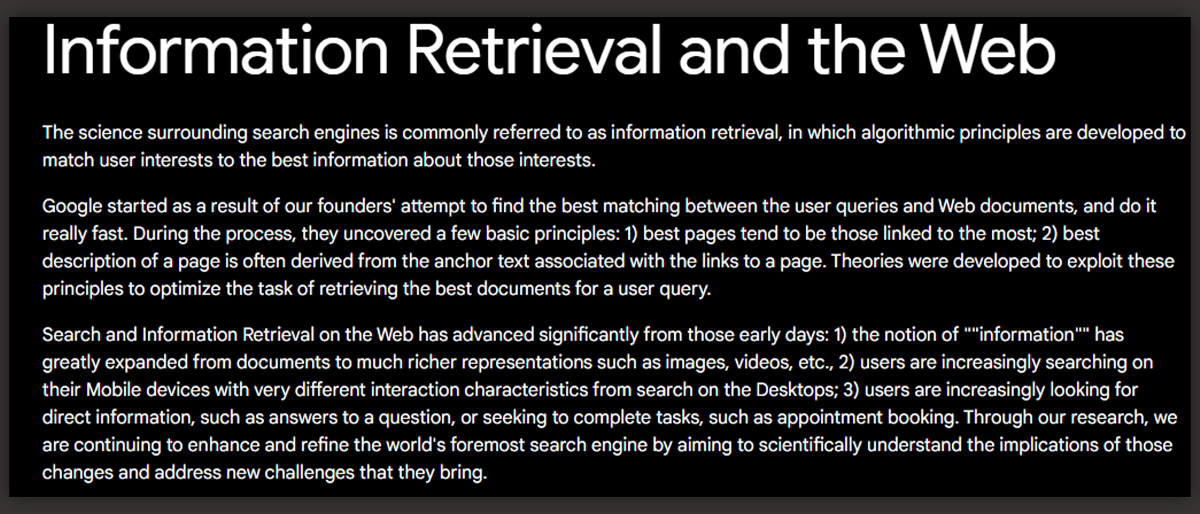
Source: Google
What are LSI keyword generator tools?
LSI keyword tool is a handy helper in search engine optimization (SEO). It assists you in finding LSI (Latent Semantic Indexing) keywords, which are terms semantically related to your primary keyword but not necessarily synonyms. Think of it as a way to expand and enrich your topic, providing more context and depth for search engines and readers alike.
Here’s how LSI keyword generator tools work:
- You feed them a seed keyword: This could be the main topic of your content, a product you’re writing about, or anything else you want to explore further.
- The tool analyzes the search landscape: It digs into search results, related searches, and other sources to understand how your seed keyword relates to additional terms.
- It spits out a list of LSI keywords: These are related keywords that naturally pop up alongside your seed keyword, indicating relevant subtopics, concepts, and angles you can explore in your content.
Benefits of using LSI keyword generator tools:
- Improved SEO: Incorporating LSI keywords makes your content more relevant and comprehensive, potentially boosting your ranking in search results.
- Enhanced content quality: LSI keywords help you cover your topic more thoroughly, creating informative and engaging content for readers.
- Broader reach: You can tap into related searches and attract a wider audience interested in different aspects of your main topic.
Here are some popular LSI keyword generator tools:
Free options
- Keysearch: Offers a dedicated LSI keyword generator tool with limited free use.
- Ahrefs: Provides a free keyword generator with LSI suggestions included.
- Twinword Ideas: It has a simple LSI keyword generator with limited output in the free version.
Paid options
- LSI Graph: Offers in-depth LSI keyword research with location targeting and bulk analysis features.
- KWFinder: Includes LSI suggestions alongside its main keyword research functions.
- Serpstat: Provides LSI keywords along with other SEO metrics and competitor analysis.
- Semrush: Semrush analyzes your page against top-ranking competitors and identifies missing semantic keywords they use. Semrush offers both free and paid plans. Explore the free features before considering paid options.

SEO Recommendations from Semrush are shown in the example below:
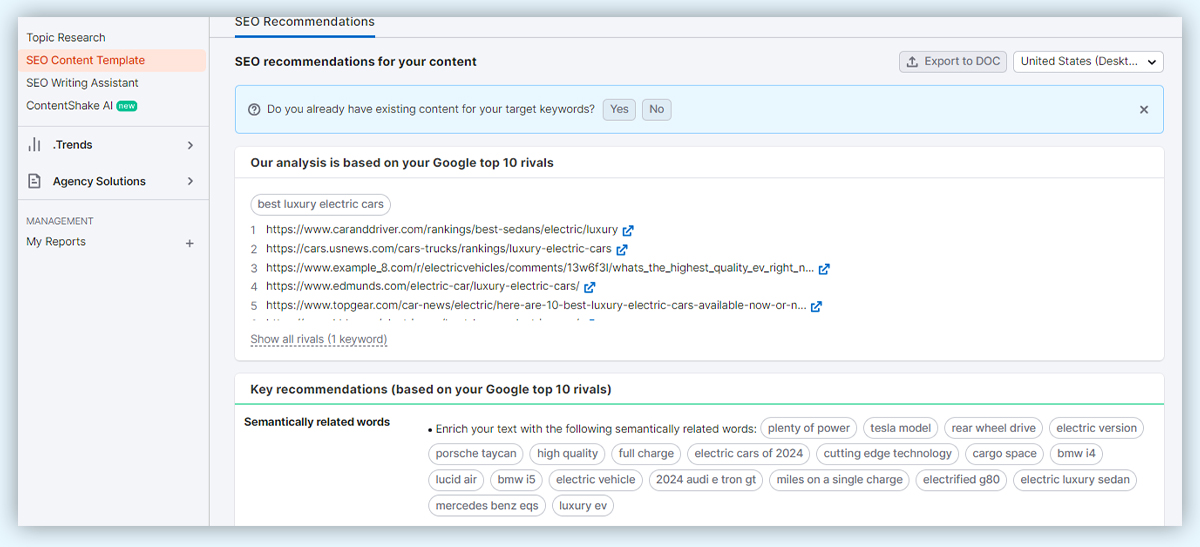
Remember, LSI keyword generator tools are just a starting point. It’s crucial to analyze the suggested keywords, choose those relevant to your content and target audience, and integrate them naturally to avoid keyword stuffing.
How to create LSI keywords-rich content for your website?
To create content that has a lot of related keywords, we need to create a list of keywords with our research and with the help some tools (which will be discussed in the next section).
In this section, we will discuss how to find and create a list of keywords related to your specific keyword or primary keyword.
Explore Search Engines’ Autocomplete Results –
Also known as autocomplete suggestions or predictions, these are the dynamically generated suggestions that appear in a drop-down menu when a user begins typing a query into a search engine or other online platform. These suggestions assist users by predicting what they might be looking for based on the initial characters entered, as shown in the image below.
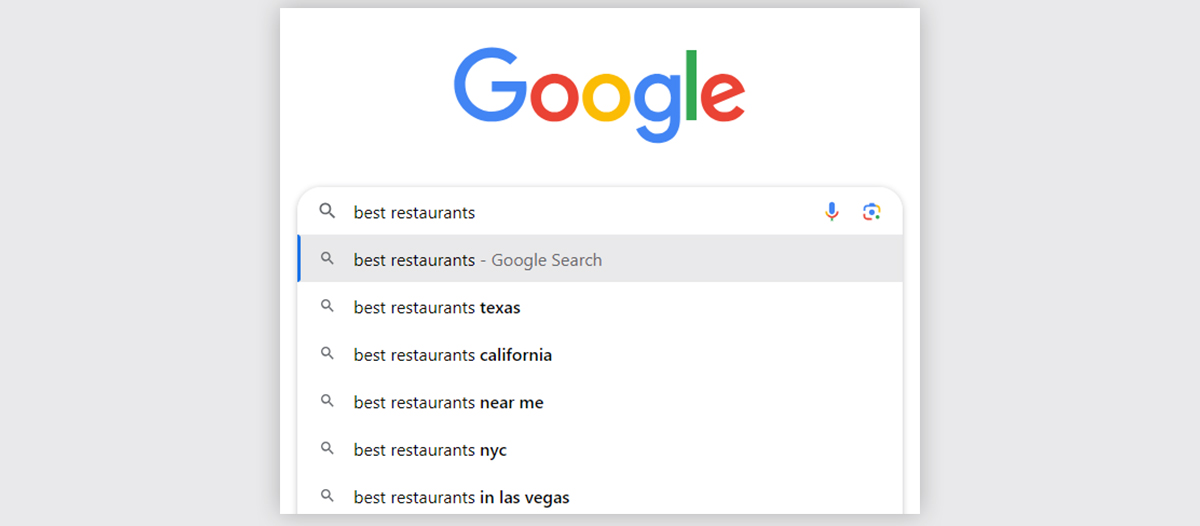
Autocomplete is a feature implemented by search engines like Google, Bing, and others, as well as various websites and applications. The suggestions are derived from popular and relevant search queries made by other users, and they aim to save time for users by offering possible completions or alternatives to their search. Autocomplete results are part of the search engine’s effort to enhance user experience and provide quicker access to information.
These autocomplete predictions can help us see what types of search queries people are searching online.
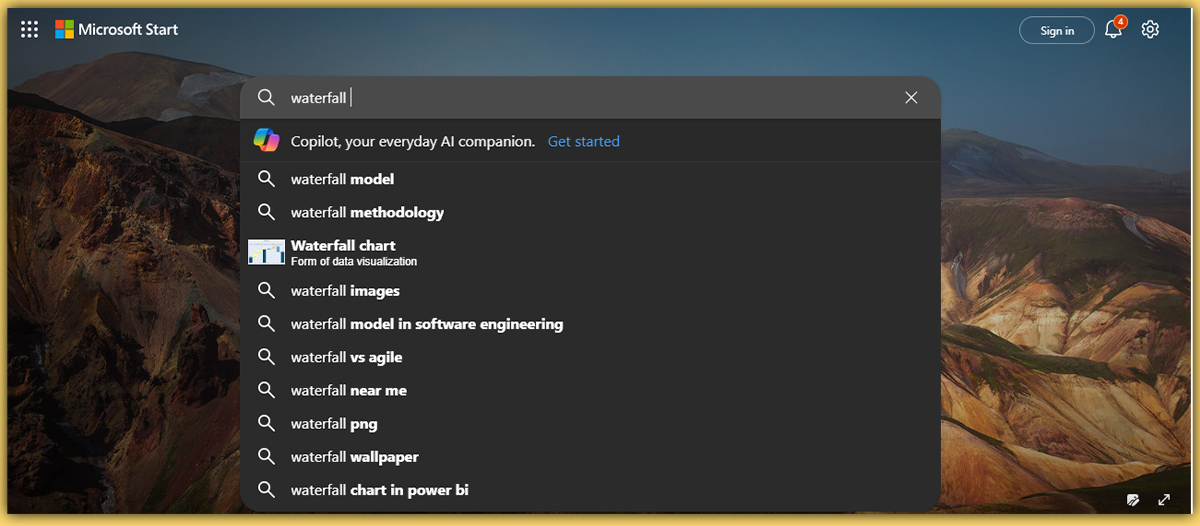
Utilize Related Searches
Related searches, often displayed on search engine result pages (SERPs), are suggestions for additional queries (closely) related to the original search term. These intimations help users refine their search and explore related topics or aspects of the initial query.
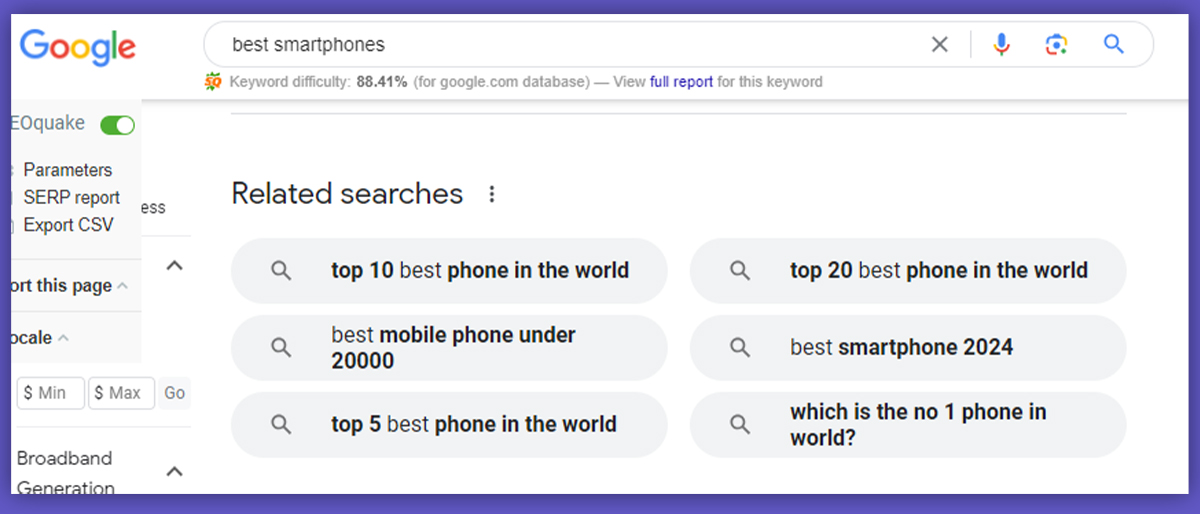
For example, if someone searches for “best smartphones,” the related searches might include terms like “top-rated Android phones,” “latest iPhone models,” or “budget-friendly smartphones.” These suggestions are generated by the search engine’s algorithms, taking into account users’ search history and patterns to provide relevant and helpful options.
Users can click on these related searches to explore different facets of the topic or find more specific information tailored to their interests. It’s a feature designed to enhance the search experience and assist users in discovering content that aligns with their information needs.
Check People also ask (PAA) – questions related to the same topic
“People Also Ask” (PAA) is a feature in search engine result pages (SERPs) that provides related questions based on the user’s original query. These questions are typically displayed in an expandable box, and when clicked, they reveal brief answers or snippets taken from various sources.
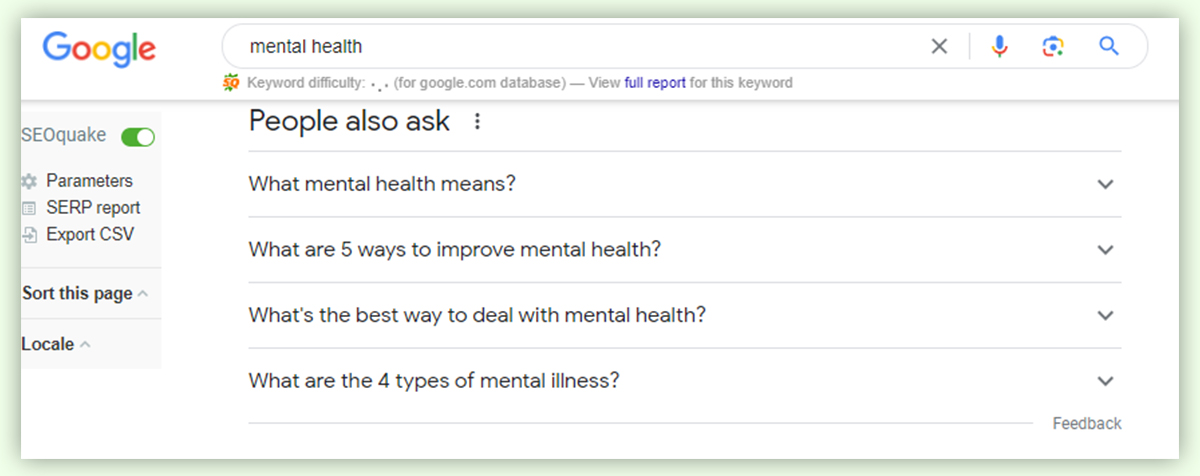
The “People Also Ask” feature aims to anticipate and address additional questions users might have related to their initial search. Search engines like Google help users explore different facets of a topic or gather more comprehensive information by offering a range of related questions. This feature is part of search engines’ efforts to enhance UX by providing a more interactive and informative search environment. Users can click on the questions to get concise answers or click through to relevant sources for more in-depth information.
Use People Also Search For (PASF) – different related topics
(Not to be confused with PAA)
‘People Also Search For’ is a list of additional search queries often found on search engine result pages (SERPs), particularly on Google. These suggestions help users discover and explore related topics or refine their search to find more relevant information.
For example, if we search for “best hiking boots,” the “People Also Search For” section might display additional queries such as “waterproof hiking shoes,” “top-rated hiking gear,” or “hiking boot reviews.” These searches are generated based on the collective search behavior of users who have conducted similar queries. One more example given below.
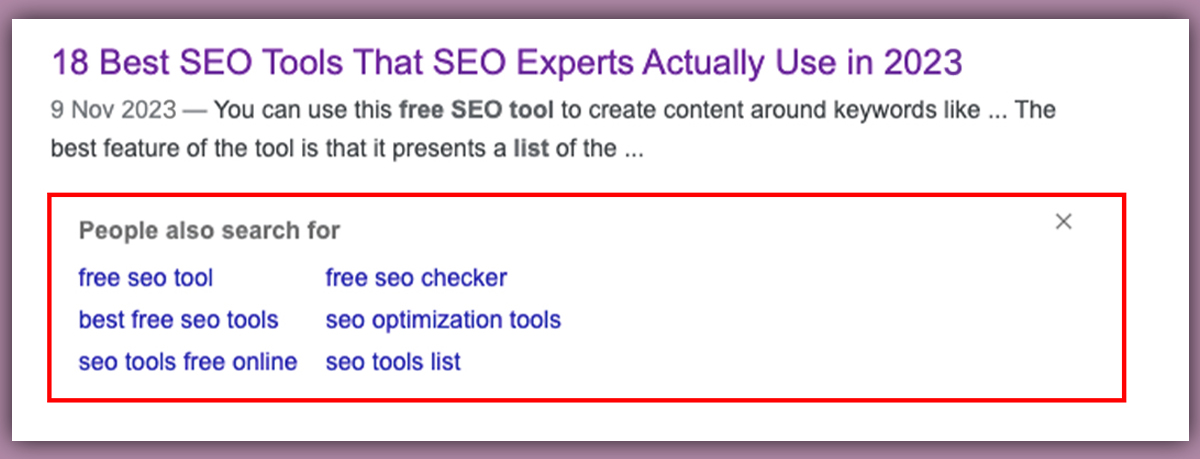
Users can click on any of these related search suggestions to see new search results related to that particular query, allowing for a more dynamic and exploratory search experience. The goal is to help users find a broader range of information related to their interests.
More Tips:
Improve title tags, meta descriptions, and headers by using LSI keywords.
Connect related pages with internal links using LSI anchor text.
Keep an eye on your keyword rankings and tweak your plan as needed.
When did LSI Keywords start serving the Search Intent of the users?
It all began in 2004 when Latent Semantic Indexing (phrase-based indexing) was applied in Google’s search engine algorithms Its aim was to help the search engine offer users results that are more relevant and fitting to their search queries.
The search engine no longer focused solely on exact-match keywords within the content of web pages. The algorithm evolved to comprehend context and synonyms, enabling Google to analyze the entire content of a page rather than relying on a single target keyword and its keyword density (frequency) to determine the web page’s subject.
Wrapping Up
In conclusion, understanding and strategically implementing Latent Semantic Indexing LSI keywords encompassing semantically related words, phrases, and entities can significantly enhance website rankings. It is essential to judiciously incorporate LSI keywords within the content, ensuring relevance and coherence.
By doing so, websites can benefit from enhanced SEO performance as search engines increasingly prioritize semantic understanding and context. The careful integration of LSI words contributes to a more comprehensive and fine representation of content, aligning with search engines’ evolving algorithms and standards for delivering relevant and valuable information to users.
FAQs
Q1. How to find LSI keywords?
Ans. You can find LSI keywords by utilising tools like Google’s autocomplete predictions, related searches, Knowledge Graph, Google Trends, Google Keyword Planner, and other keyword research tools to identify LSI keywords associated with your main topic or primary keyword.
Q2. Where should I use LSI keywords?
Ans. You can use LSI keywords naturally in titles, headers, meta descriptions, anchored text, and throughout the content to ensure a comprehensive and contextually rich representation.
Q3. Do LSI keywords replace main keywords?
Ans. No, LSI keywords do not replace the main keywords. Instead, they complement each other, providing a more holistic and deep view of the content’s concept.
Q4. Should LSI keywords be used sparingly?
Ans. LSI keywords should be used judiciously, ensuring they fit naturally into the content without appearing forced or disrupting readability.
Q5. What’s the impact of LSI keywords on content quality?
Ans. LSI keywords have a positive impact on content quality. It contributes to well-rounded and informative content, offering a more complete understanding of the subject matter.
Q6. How many LSI keywords should I use?
Ans. There’s no magic number. Focus on natural integration and avoid keyword stuffing. Aim for a good balance between your main keyword and LSI terms.
Q7. Do LSI keywords work for all types of content?
Ans. Yes! They’re valuable for blog posts, product descriptions, website copy, and more.
Q8. Is there a difference between LSI keywords and long-tail keywords?
Ans. Not always. Long-tail keywords can be LSI, but not all LSI keywords are long-tail. LSI focuses on semantic relationships, while long-tail keywords prioritize length and specificity.
Q9. How do I know if I’m using LSI keywords effectively?
Ans. Monitor your website traffic and rankings. Analyze user engagement metrics on your content. See if your content appears for relevant related searches.
Q10. What are Google Image Tag Suggestions for LSI Keywords?
Ans. Google Image Tag Suggestions for LSI Keywords are automated recommendations Google provides when users upload images. These tags help enhance image search relevance by associating images with semantically related terms.
The post LSI Keywords: How do related words improve SEO? appeared first on DigitalGuider.
Source: digitalguider.com




